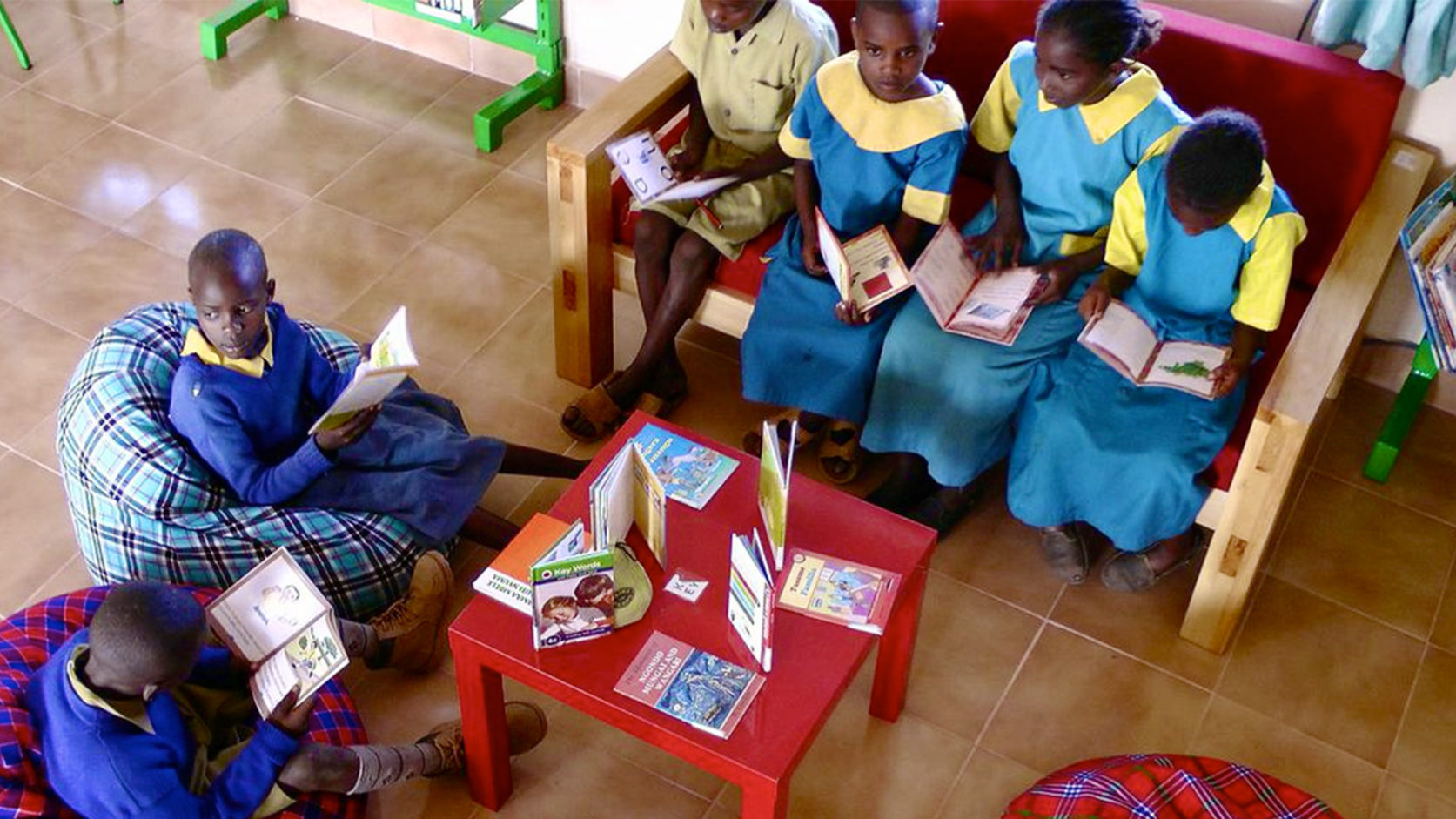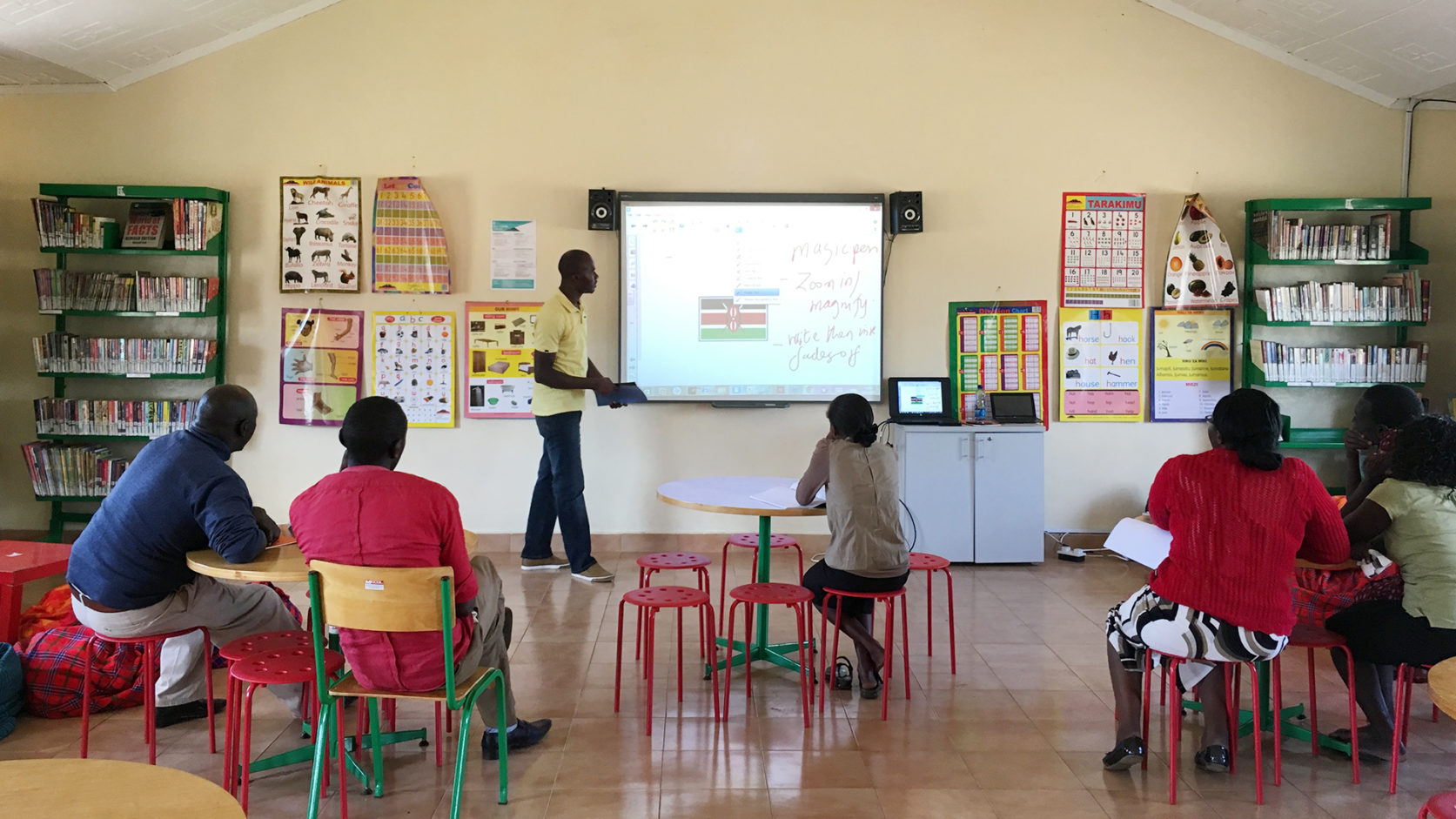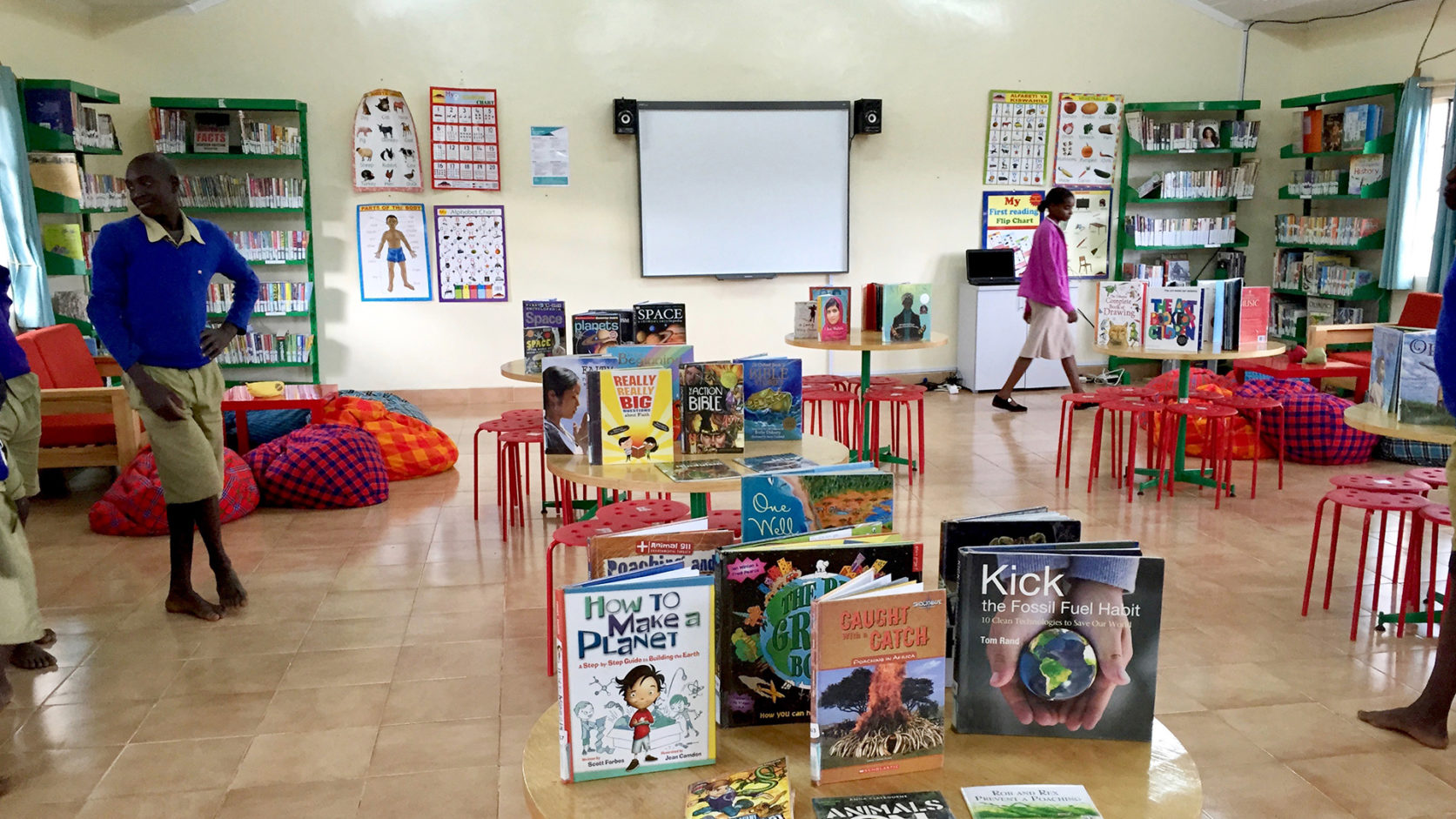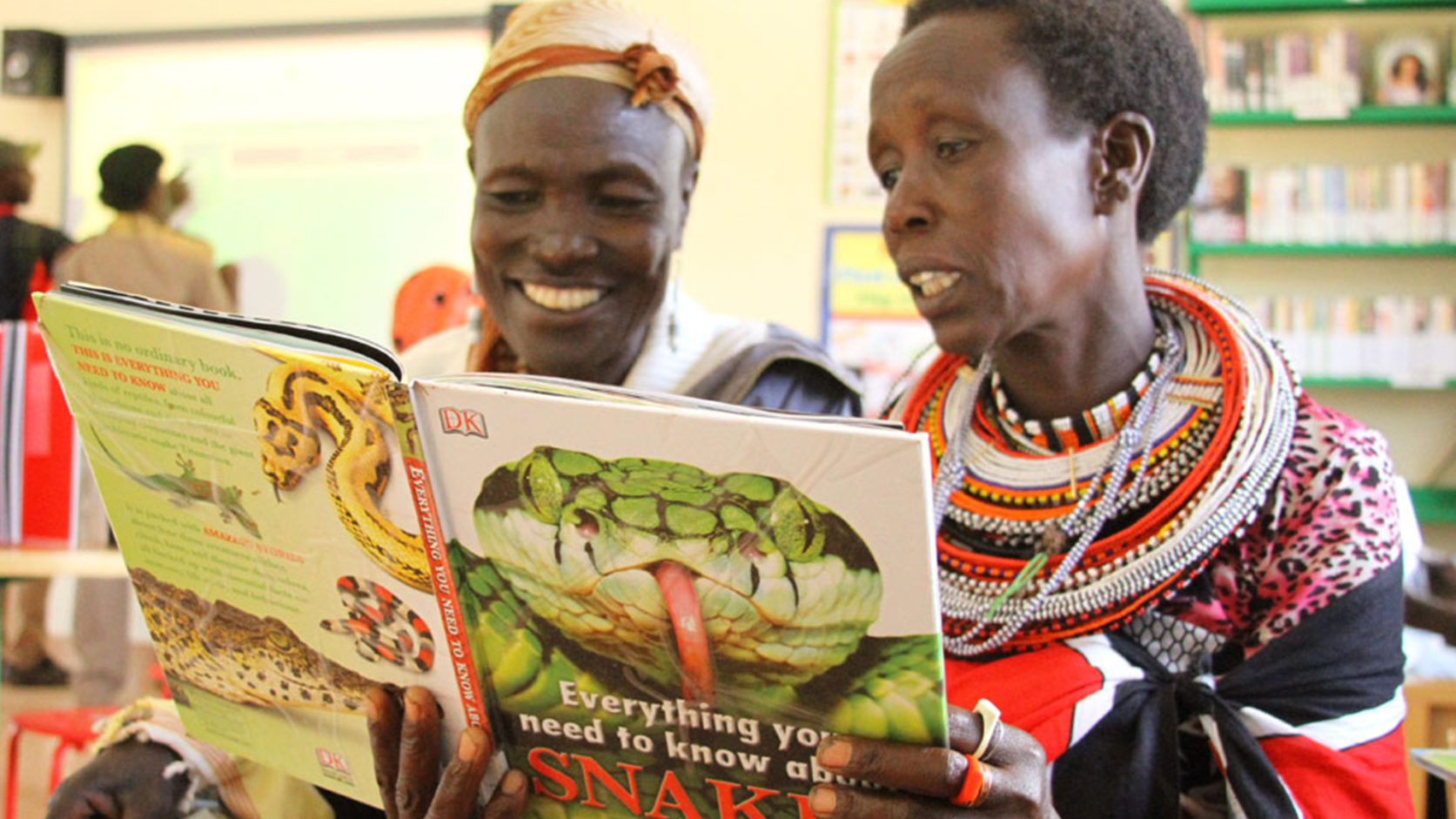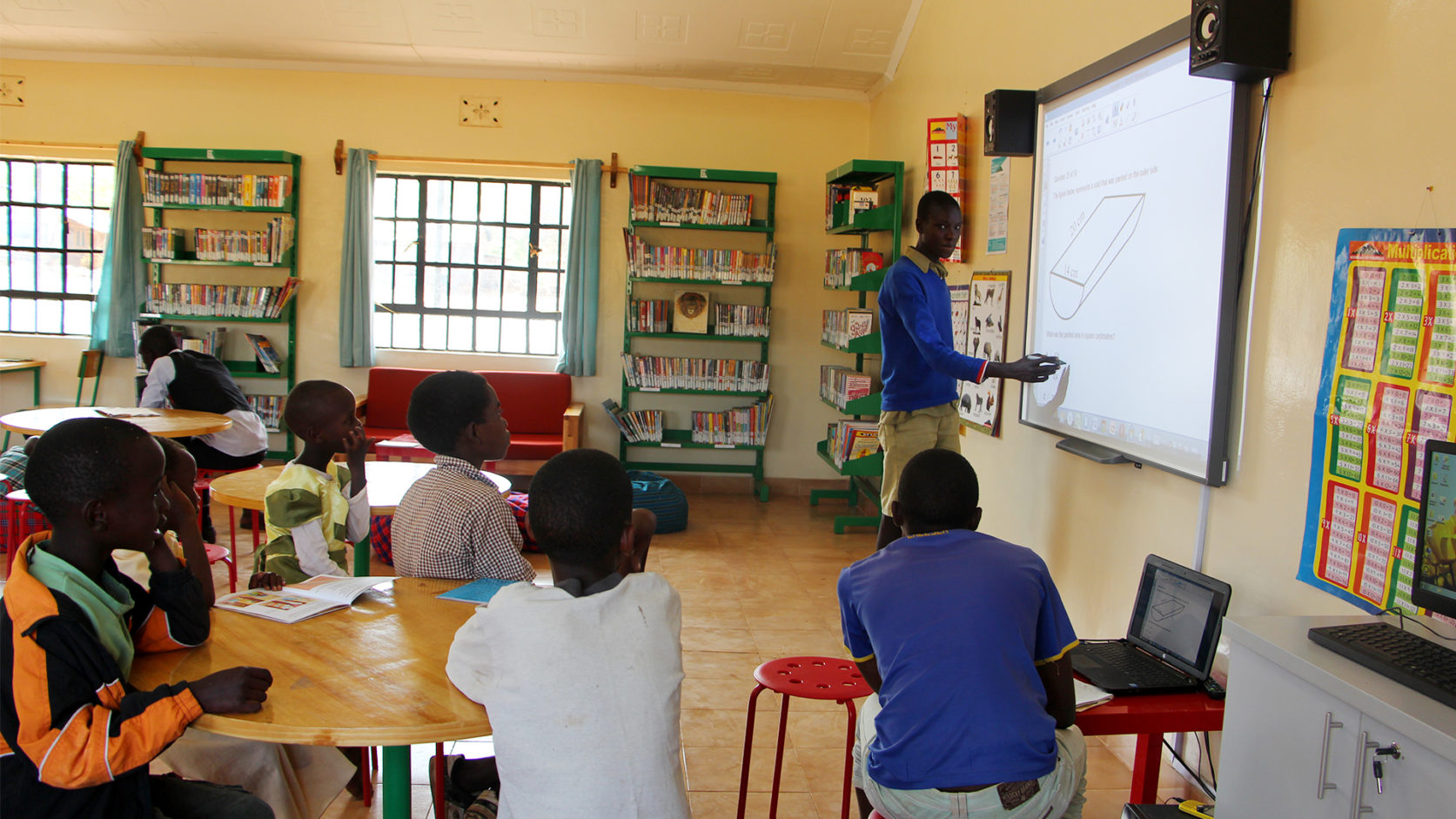The Lewa Wildlife Conservancy is a 62 000 acre community-based conservation initiative in northern Kenya. Home to the critically endangered black rhino and an extraordinary array of iconic wildlife (elephants, lions, giraffes, the rare Gevry’s zebra, and over 400 species of birds), Lewa takes a multi-faceted approach to animal conservation—one that recognizes the vital importance of involving and supporting the local community.
World-class wildlife monitoring and anti-poaching efforts are complemented by investment in local education, healthcare, micro-enterprise, youth empowerment, and tourism. By nurturing the inter-dependent relationship between the natural environment and human behaviour, Lewa demonstrates that conservation works best when everyone is involved.
These projects have also underscored the wisdom of a human-focused approach to conservation.
”
